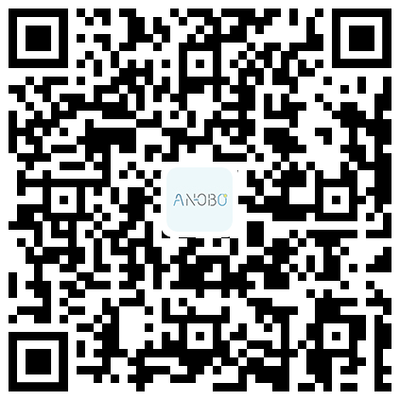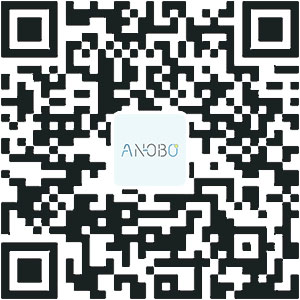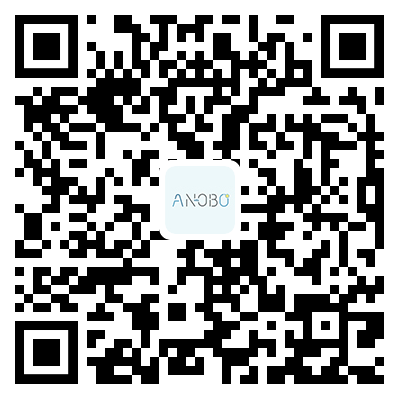place:Virtual
Opening time:2020.09.19
On Saturday, September 19th, 2020, the first session of Children’s Global Competence Education (CGCE) Virtual Summit: A Contemplation of Challenges and Opportunities in Global Competence Education drew to a successful close. Leading educators, frontline teachers, global leaders, and top scholars engaged in in-depth conversations around the cultivation of global competence in children. The summit featured esteemed speakers including Mingyuan Gu, renowned educator from Beijing Normal University and one of the founders of the field of Comparative Education in China; Howard Gardner, the “father of Multiple Intelligence theory” and professor at Harvard University; Hope Leichter, famous scholar in family education and professor at Columbia University; Wei Zhen, professor at the School of the Arts and Communication of Beijing Normal University; Baitong Yan, director of the ANOBO Global Education Development Team; Helena Xiao, associate director of Columbia Global Centers | Beijing. They were able to explore topics such as “What is global competence” and “Why cultiviate global competence in children”, and discuss the importance of global competence in the international community with audience members. The summit helped familiarize more educators, parents, and students with educational concepts and modalities that are pertinent to the times, and achived a great step towards nurturning a new generation of young talent with an awareness of global citizenship and a set of global competencies.

CGCE Virtual Summit
The Children’s Global Competence Education (CGCE) Virtual Summit aims to explore art, technology, and interdisciplinary education and to cultivate future global citizens. This year, the first CGCE Summit was organized by the Beijing Normal University-ANOBO Children’s Global Competence Research Committee, ANOBO(Art Has No Boundaries) Global Education Development Team, Columbia Global Centers | Beijing, and NOBOundaries Committee, with academic endorsement from the School of the Arts and Communication of Beijing Normal University, Teachers College of Columbia University, and the global fund Education Cannot Wait.
The CGCE Summit consists of four panels. Panel I: The Development and Importance of Global Competence, which took place this Saturday, featured three leading thinkers in the field of education as panelists, and drew an audience of 10,000 from around the world.
Panel I focused on the background, core elements, framework, and assessment criteria of global competence education. In recent years, “global competence” has come to be frequently mentioned in the world of education. Designated as a key focus by departments of education, research institutes, and schools in many countries, it has become one of the integral qualities valued in the 21st Century. However, a gap exists in theoretical and practical engagements with “global competence” as most of them center on students above 15. Before the CGCE Summit, at educational organizations and higher education institutions in China, there were no existing projects that systematically discuss and explore global competence education for students under 15, especially for young children. As a result, CGCE Summit has enriched the theory and practice of global competence education, and put forward practical and feasible development plans from multiple aspects. It aims to cultivate a new generation of talents with global citizenship concepts and global competence through educational training concepts and methods that meet the needs of the times.

This virtual summit consists of four parts: opening speeches by the organizers, presentations by three distinguished guests, discussion and Q&A sessions.In his opening address, Wei Zhen from the School of the Arts and Communication of Beijing Normal University pointed out Five Components of Children’s Global Competence raised by BNU-ANOBO Committee. “Through research, we hope to promote the Attention and Practice of Children’s Global Competence in China,” He says.
Helena Xiao, associate director of Columbia Global Centers | Beijing introduced the development of Columbia University’s education and research in East Asia. She mentioned that, “Columbia Global Centers promote and facilitate the collaborative and impactful engagement of the University’s faculty, students, and alumni with the world, to enhance understanding, address global challenges, and advance knowledge and its exchange.”

Mingyuan Gu, one of the founders of the field of comparative education in China, proposed in his speech that globalization is crucial and inevitable. As well, he pointed out that education was the seed of peace and the bridge to global understanding. He said, “ Education that emphasizes children’s global awareness is crucial. It only when the future generations can sustain global awareness, increase communication and collobration, and foster mutual understanding, that the world become more diverse and more colorful and maintain everlasting peace.”
Howard Gardner, the “father of Multiple Intelligence theory”, looked back on his own days as a student and examined the history of education to reach the conclusion that in the context of global education, the arts are an important entry point to the exploration of truth, goodness, and beauty, as well as the shaping of values. “ By dating back to the Paleolithic ero, every culture of the world has produced art, often art speaks time and across national boundaries.” He proposed that we should take advantage of this universal language to lauch and seek to effect a truly global education.
Hope Leichter, celebrated educationalist on the role of family as educator, said in her speech, “We have a tendency to think that education is something that older people do to younger people. But if you look at the families, you can see that everyone in the familiy learns from each other at different times in different ways.” Leichter used children’s museums as examples where children and family can have fund and explore together. Her insights provide important lessons for families and communities in China.

Baitong Yan, the director of ANOBO, discussed about the goal of Beijing Normal University-ANOBO Children’s Global Competence Research Committee and demonstrated the innovative education research model —— Research-Practice-Communication-Research-Research. She pointed out in her address that over the next 5-10 years, the Committee would invite a group of kindergartens and schools with international education experience to join become experiemental campus in China, so that teachers could join in teacher training and curriculum design, and students would achieve global competency and knowledge though courses and exhibitions. “Through the model, we will promote the development of children’s global competence in China and the world together,” she says.
The School of the Arts and Communication at Bejing Normal University in partnership with ANOBO, inviting a team of experts and researchers, launched the Beijing Normal University-ANOBO Children’s Global Competence Research Committee. Over a span of 5-10 year, with the mission of “connecting art and technology, fostering global citizenship”, the BNU-ANOBO Committee plans to on creating interdisciplinary multi-themed mini courses for children in preschool and grades 1-3. In addition, the task force will create sites for the training of global competence teachers and international pilot programs.
The Children’s Global Competence Education (CGCE) Virtual Summit was a successful and unprecedented virtual symposium of leading educators and trailblazing thinkers from diverse countries and fields. It garnered attention from the international community, and paved a robust foundation for the development of global citizens awareness and global competence education for children in China. Cultivating global competence in students will not only bring forth a new generation of global citizens who are equipped for the globalized world, but also strengthen collective identity and solidify the idea of a shared human destiny.
Committee Organizations:
Columbia University Teachers College
Beijing Normal University School of Arts and Communication
BNU-ANOBO Children’s Global Competence Research Committee
Columbia Global Centers | Beijing
ANOBOteam
NOBOundaries Committee



Wechat: ANOBOWORLD
Email: info@anobo.world